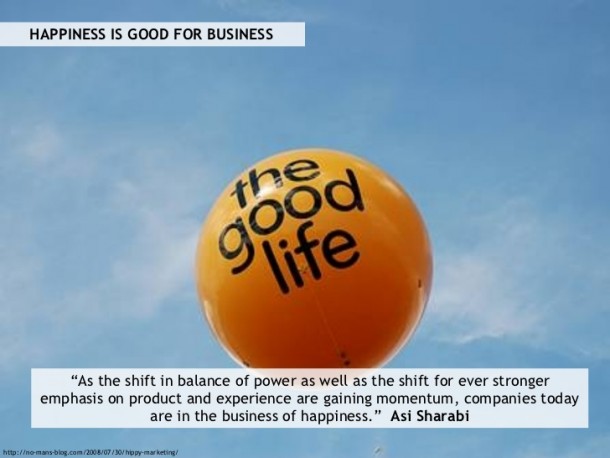Strategies for Happiness: A Steps to Becoming a Happier Person
Choosing To Be Happy!
Sometime this morning, during your shower or at work, you probably did a mental run-through of your day. You decided when you’d tackle various tasks and errands. Perhaps you vowed to hit the gym at lunchtime. Maybe you plotted to get out of something (apologies, PTA meeting). The one thing you forgot to plan for: happiness.
Being happy is good for you and everyone around you. If you’re happy you’re more likely to be mentally and physically healthy, cope well, be resilient, enjoy work, have good relationships and like yourself more. The first step, however, is to make a conscious choice to boost your happiness. In his book, The Conquest of Happiness, published in 1930, the philosopher Bertrand Russell had this to say: “Happiness is not, except in very rare cases, something that drops into the mouth, like a ripe fruit. … Happiness must be, for most men and women, an achievement rather than a gift of the gods, and in this achievement, effort, both inward and outward, must play a great part.”
Why aren’t I happier—and why aren’t you? That seems an appropriate question as we wind down one year and head toward another. After all, the Declaration of Independence guarantees us the pursuit of happiness so why aren’t we better at it? According to recent research, it turns out that much of what we think about happiness and achieving it either isn’t true or is vastly oversimplified.
Let’s start with four myths: “Don’t worry, be happy”.
This misunderstanding has us indulging in all kinds of “if only” thinking —that erasing one bad thing in our lives will necessarily make us instantly happy. “If only I had a better job, I’d be happy.” “If only my relationship to my lover/spouse/parent/sibling were better, I’d be happier.” “If only I made more money, I’d be happier.” In fact, two separate behavioral systems govern our reactivity to positive and negative events in our lives so that worrying and being happy operate independently.
Make it your goal
Although increasing happiness levels shouldn’t feel like work, having a can-do mind-set really comes in handy. In a study published in The Journal of Positive Psychology, people who were told to listen to music and attempt to feel happier had a greater boost in bliss over a two-week period than those instructed only to relax as they listened to the same upbeat tunes. It comes down to motivation: You can transform into more of a glass-half-full type.
Realize that less is more when it comes to material things
I say this as someone who loves her things as much as the next person but it turns out that when it comes to being made happy by things that cost money —be they possessions or vacations or other satisfying experiences—the very fact that you can get them actually cuts down on your ability to savor them. According to studies conducted by Fred Bryant, the playing field isn’t precisely level when it comes to being able to savor; some of us are better at it than others. If you can answer “yes” to the following questions, the chances are that you’re good at savoring: Do you get pleasure out of looking forward? Can you enjoy something before it happens? Do you find it easy to hang on to a good feeling? Do you store up happy memories so you can revisit them? But if, on the other hand, you are uncomfortable anticipating things, find it hard to get excited ahead of time, don’t like looking back or tend to feel disappointed when you reminisce, you’re not very good at savoring.
Take action to be happier
This part takes a bit of self-knowledge and reflection because the action or goal has to be suited to your talents and abilities. If I were to embark on taking ballet lessons as a way of making myself happier, for example, I can guarantee that my happiness would decrease and my unhappiness would increase. Setting impossible or unattainable goals for yourself.
Know your own bliss
When was the last time you mulled over what truly brings you pleasure, aside from biggies like your partner and the kids? “A key to steering your own happiness is reflecting on the things that make you come alive,” Fredrickson says. Perhaps it’s been so long since you’ve done some of them that they’ve fallen off your radar. Make a list, if it helps. Sigh if this sounds familiar: You make a major effort to avoid future stress—say, staying up late to finish laundry so tomorrow will be a better day—only to suck your evening dry of all fun.

